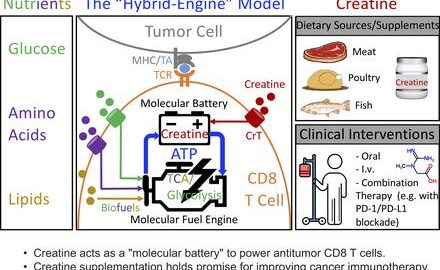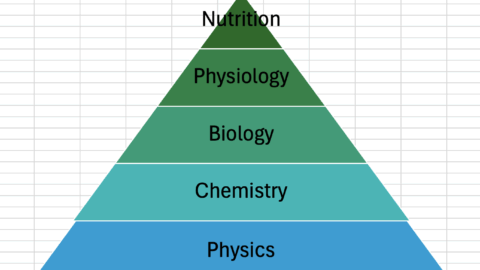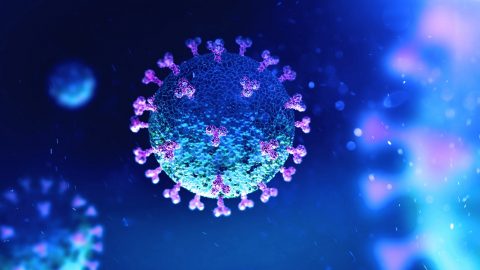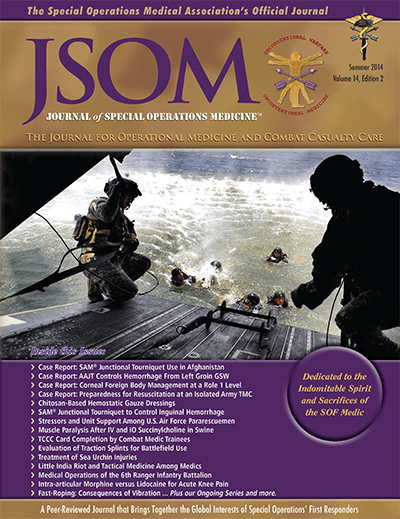2
Science writer Monica M asked the Q in the title in her excellent article HERE, and answered it. The answer is, yes, we have been blaming the wrong thing. This post is a follow up/Part II to her must read article. Lean red meat is not be avoided as part of a well designed healthy diet – such as the Mediterranean type – and there’s now been a handful of direct intervention studies that find red meat, as part of an overall quality nutritional approach, is a net benefit to health metrics, in this case CVD risk. This and other trials, per Mediterranean-type diets, used olive oil as the predominant fat source and “… three to six servings of fruits, and six or more servings of vegetables daily.” Protein sources in the Mediterranean diet are generally fish, lean poultry, and beans. The beef in this and other trials used either lean or extra lean—cuts like loin, round, or 93 percent lean ground beef. It should be noted here that the Mediterranean diet is still considered “plant based” and in terms of health and longevity, appears the best approach for that goal, which is not the same as going vegan, which is not the optimal approach per my write up. People should not confuse plant based with vegan or vegetarian…
Effect of varying quantities of lean beef as part of a Mediterranean-style dietary pattern on lipids and lipoproteins: a randomized crossover controlled feeding trial.
The American Journal of Clinical Nutrition, April 2021
ABSTRACT
Background
It remains unclear whether red meat consumption is causatively associated with cardiovascular disease (CVD) risk, and few randomized controlled studies have examined the effect of incorporating lean beef into a healthy dietary pattern.
Objectives
To evaluate the effects of a Mediterranean (MED) diet (carbohydrate 42%, protein 17%, fat 41%, SFAs 8%, MUFAs 26%, PUFAs 8%) with 14 (MED0.5; 0.5 oz), 71 (MED2.5; 2.5 oz), and 156 (MED5.5; 5.5 oz) g/d/2000 kcal lean beef compared with an average American diet (AAD; carbohydrate 52%, protein 15%, fat 33%, SFAs 12%, MUFAs 13%, PUFAs 8%) on lipid and lipoprotein concentrations, particle number, and size.
Methods
This was a multicenter, 4-period controlled feeding, randomized crossover study. Fifty-nine generally healthy males and females (BMI 20–38 kg/m2; age 30–65 y) consumed each diet for 4 wk with a ≥1-wk washout between the diets. Fasting blood samples were collected at baseline and at the end of each 4-wk period. Lipid subfractions were measured by NMR.
Results
Compared with the AAD, all 3 MED diets decreased LDL cholesterol (MED0.5: −10.3 mg/dL; 95% CI: −5.4, −15.7 mg/dL; MED2.5: −9.1 mg/dL; 95% CI: −3.9, −14.3 mg/dL; MED5.5: −6.9 mg/dL; 95% CI: −1.7, −12.1 mg/dL; P < 0.0001). All MED diets elicited similar reductions in total LDL particle number compared with baseline (P < 0.005); however, significant decreases only occurred with MED0.5 (−91.2 nmol/L; 95% CI: −31.4, −151.0 nmol/L) and MED2.5 (−85.3 nmol/L; 95% CI: −25.4, −145.2 nmol/L) compared with AAD (P < 0.003). Compared with the AAD, non-HDL cholesterol (P < 0.01) and apoB (P < 0.01) were lower following the 3 MED diets; there were no differences between the MED diets. All diets reduced HDL-cholesterol and HDL particle number from baseline (P < 0.01).
Conclusions
Lipid and lipoprotein lowering was not attenuated with the inclusion of lean beef in amounts ≤71 g (2.5 oz)/d as part of a healthy low-saturated-fat Mediterranean-style diet.
Will Brink is the owner of the Brinkzone Blog. Will has over 30 years experience as a respected author, columnist and consultant, to the supplement, fitness, bodybuilding, and weight loss industry and has been extensively published. Will graduated from Harvard University with a concentration in the natural sciences, and is a consultant to major supplement, dairy, and pharmaceutical companies.
His often ground breaking articles can be found in publications such as Lets Live, Muscle Media 2000, MuscleMag International, The Life Extension Magazine, Muscle n Fitness, Inside Karate, Exercise For Men Only, Body International, Power, Oxygen, Penthouse, Women’s World and The Townsend Letter For Doctors.
He’s also been published in peer reviewed journals.
Will is the author of the popular e-books, both accompanied by private members forum access , Bodybuilding Revealed & Fat Loss Revealed.
You can also buy Will’s other books on Amazon, Apple iBook, and Barnes and Noble.










So, can you tell us what the take home is? I’m reading this as the MED’s diets reduced both LDL cholesterol (which may or may not be relevant – according to previous articles by Monica) and HDL which – iirc from her previous works, isn’t a good thing. I’m guessing that the above means that adding beef to the diet had no effect either way on each diet’s lowering of both LDL and HDL? Sorry if I’m being ignorant; I just had my blood panel done and my LDL was 201, total was 281, triglycerides was 142 and HDL was 51 I’d like to lower my LDL a bit or at least raise my HDL even higher, and finding out from a VITAL study that fish oil didn’t have a significant impact on CVD health, what supplements may help?
Thanks